
Feedback is good!
The hollow or semi-solid nature of your guitar can work in your favour if you want to create sustaining musical feedback, especially in a small studio where you don’t want to rely on an over-gained or over-loud amp sound. The threshold level where feedback will occur is lower than with a solidbody, therefore making it much easier to create this type of sustaining sound.
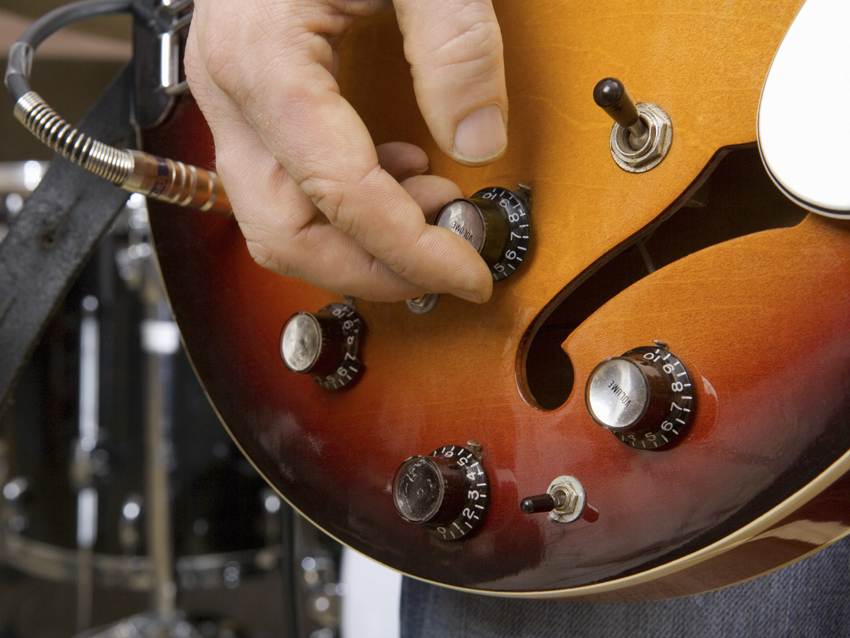
Tame the howl
Having just said that feedback is good, it can also be a pain in the butt sometimes. If you play in a loud band, palm muting at at bridge can be extremely effective to stop the strings ringing. More extreme is stuffing the body with cotton wool, or even sealing the f-holes with masking tape. Not pretty, but it works.
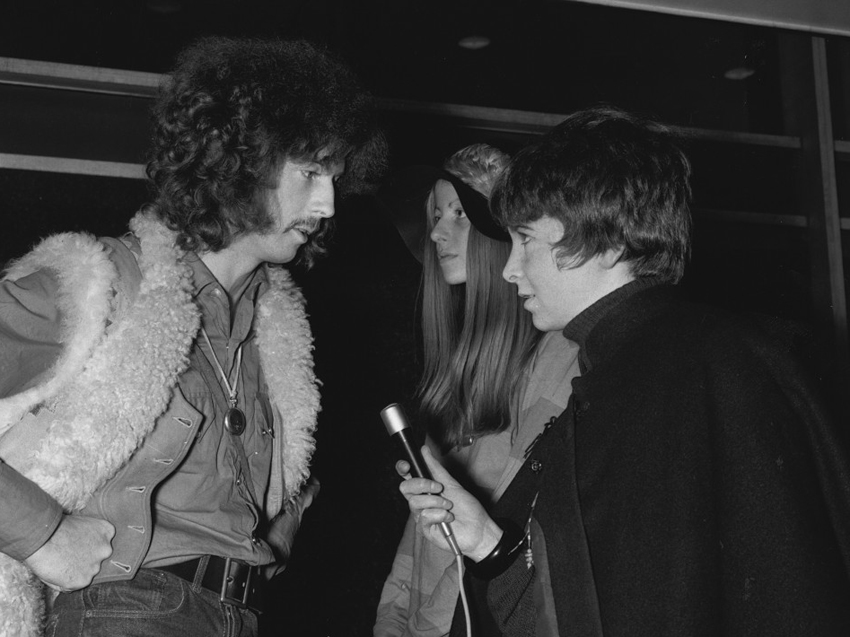
Get Eric's Crossroads tone
Clapton’s use of the Gibson ES-335 in Cream is legendary. To get the Crossroads tone (Wheels Of Fire, 1968), first select the middle position on your two-pickup thinline semi. Now, turn both pickups’ volumes up to 10, then back the neck pickup off to seven or eight – you might want to tame the tones, too: instant Clapton circa 1968.

Tracking is good
A semi or hollowbody can really come into its own when tracking parts in your recordings. Try this: double a guitar part, one overdriven with your solidbody, then play exactly the same thing on a semi, using a cleaner, more ringing sound. Mix them together and marvel at the sheer hugeness of what’s hitting your ears!
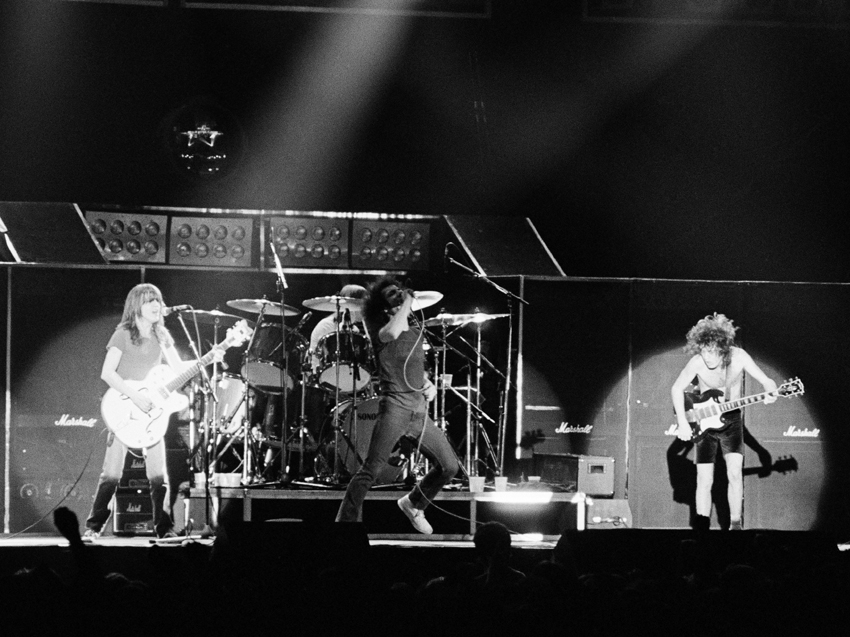
Complement each other
In the same way that different, yet complementary, guitar tones work so well when layering tracks, so they can in a live environment, in order to create sonic space and interest between two guitarists. So, if you do find that two guitars aren’t sitting together quite as well as you might like, try introducing a semi into the mix.
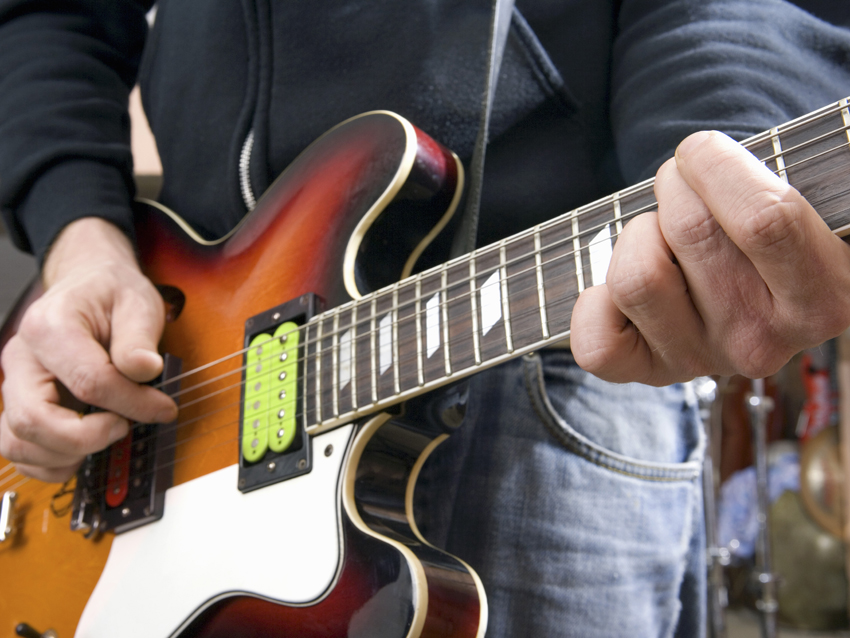
Use heavy strings
Old archtops were designed for much heavier gauge strings than many of us use today, and the extra energy created is important to drive the sound. Try some 0.013s! It’s a tough jump from your 0.009s, but it’s worth it. Also, for older- style sounds, try flatwounds instead of roundwounds.

Let It Feed
When overdriven, the lively, resonant nature of archtop semis makes them the perfect tool for Neil Young soundscapes. Add reverb and old-school echo, let notes bloom into feedback, then shake the guitar's body, whack it, slide up and down the strings and (carefully!) bend the next for faux-Bigsby pitch bends.

Mic your hollowbody
If you're playing a rootsy style, try mic'ing your semi like you would your acoustic. Run the electric output into an amp, and record that and the mic’d ‘acoustic’ sound at the same time. Then combine the two – it’s a great way to add texture to a cleaner electric part, and perfect for older jazz.
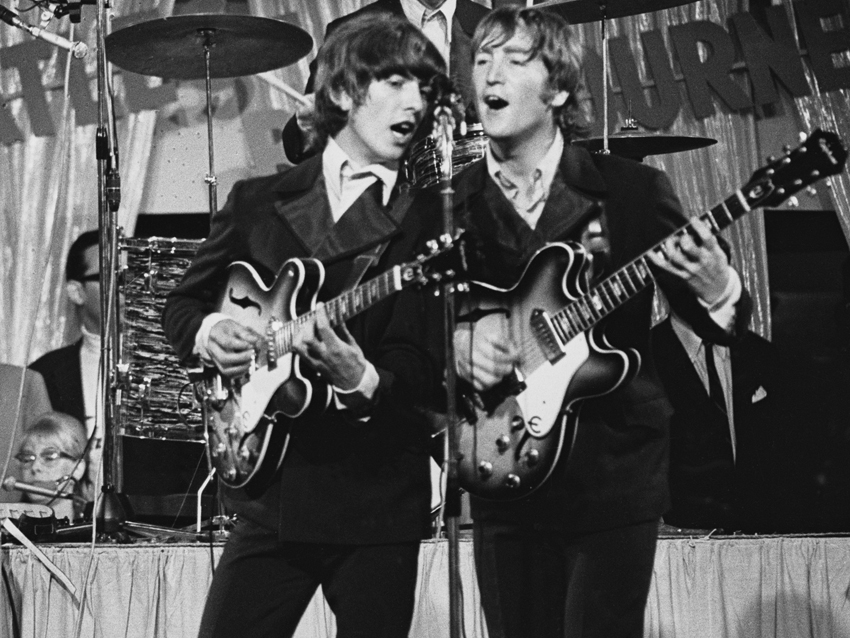
Play it higher
A bigger-bodied semi- acoustic can be a bit of an armful, so try raising it up a notch or two on your strap. Not only is it easier to reach around the body to play the strings, but, because the guitar is bigger in the first place, it doesn’t look so silly when worn high, like small guitars do (yes, they do).
Guitarist is the longest established UK guitar magazine, offering gear reviews, artist interviews, techniques lessons and loads more, in print, on tablet and on smartphones
Digital: http://bit.ly/GuitaristiOS
If you love guitars, you'll love Guitarist. Find us in print, on Newsstand for iPad, iPhone and other digital readers



